CLEVELAND’S latest life savers have just graduated from an innovative programme to reduce the area’s high number of drug-related deaths.
Volunteers on the Peer-to-Peer Naloxone Training and Supply Project have been rewarded with Street Degrees to recognise their efforts in preventing overdoses and reducing the harm caused by drugs.
After training, the project’s volunteers are issued with uniforms, backpacks and access to life-saving Naloxone kits. The majority use their own lived experiences with substance use to engage with some of the most vulnerable people who use drugs in Middlesbrough and Hartlepool.
Naloxone is a life-saving treatment, which temporarily reverses the effects of an opiate-related drugs overdose.
Since the project began, nine volunteers have distributed a total of 500 Naloxone kits, with 170 during this 2021 alone.
During 2021 the scheme received funding of £20,000 from the Office of the Police and Crime Commissioner (OPCC) for Cleveland.
Cleveland PCC Steve Turner: “I’m committed to reducing the devastating impact of drugs on our communities, including for those trapped by substance use.
“This scheme allows vulnerable people who are not in drug treatment services to have access to life saving Naloxone kits – therefore hopefully preventing tragedy.
“Alongside tough enforcement against drug dealers and gangs, this holistic approach will help to rid our areas of drug-related crimes and stop more people losing their lives.”
The peer-to-peer project is delivered by the Harm Reduction Union (HRU) on behalf of Foundations Healthcare. The HRU has now developed into a community interest company (CIC) in its own right.
One in five chance
The HRU project has also proved to be a life saver and given vital support to some of the volunteers taking part.
Before engaging with Foundations and the HRU project, Richard Lauro, 47, of Middlesbrough, was given a one in five chance of survival after a second bout of hospitalisation following years of drug use.
For Kris High, 36, of Middlesbrough, the HRU provided a “comfort blanket” when he left residential drug rehabilitation
Kris recently spoke to police officers in Lincolnshire. His testimony was so powerful that one officer said that it will “stay with him for the rest of his career.
Following a suggestion from a volunteer, HRU members plan to start to clean up drugs’ litter from the towns’ streets this year.
Between 2018 and 2020, Middlesbrough had the second highest rate of drug-related deaths per 100,000 population in England and Wales. Hartlepool had the third highest rate.
The towns had rates of 16.9 and 16.3 per 100,000 population respectively. The average rate for England was 5.0.
